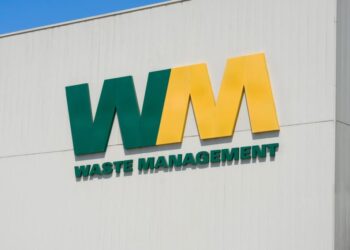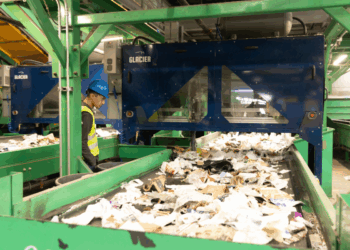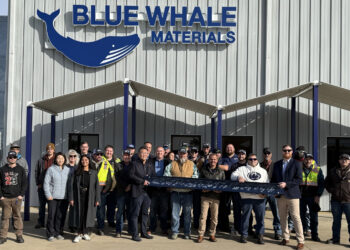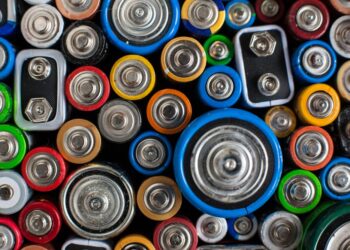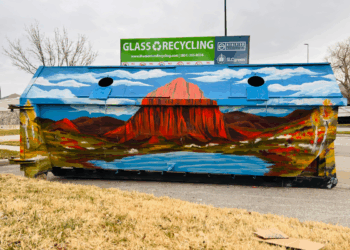American Battery Technology Company (ABTC) is tapping into nonprofit Call2Recycle’s consumer collection network to advance lithium-ion battery recycling in the United States.
The partnership takes aim at the demand for critical minerals in the United States, tackling the proliferation of electronic devices and ensuing waste stream.
The collaborative efforts allow ABTC to “directly engage with consumers and extend the reach of our innovative recycling technologies,” said Ryan Melsert, CEO of ABTC, in a statement.
Extracted, valuable materials will remain within the US domestic market, reducing reliance on imports, according to ABTC.
“By creating a seamless and accessible pathway for the public to recycle their batteries, we are not only expanding our operational scope but also reinforcing the domestic supply chain for critical minerals, which is essential for a sustainable energy future,” he added.
Call2Recycle, which has more than 30,000 drop-off locations across the US and Canada, has collected more than 8 million pounds of batteries in 2023.
Consumers can access battery recycling at major retailers such as Best Buy, Lowe’s Staples and Home Depot. Internal collection sites include hospitals, military bases, businesses and government agencies.
“At Call2Recycle, our mission is to make battery recycling as convenient as possible for everyone,and our partnership with ABTC is a powerful force in achieving that goal,” said Leo Raudys, CEO of Call2Recycle.
“Combining a subset of our collection network with ABTC’s cutting-edge recycling process creates a solution that benefits consumers, the environment, and the US economy. Together, we are leading the charge for a circular and sustainable battery ecosystem,” Raudys said.
ABTC stated that “this effort is crucial for building a resilient and self-sufficient manufacturing base for next-generation energy technologies in the United States.”














